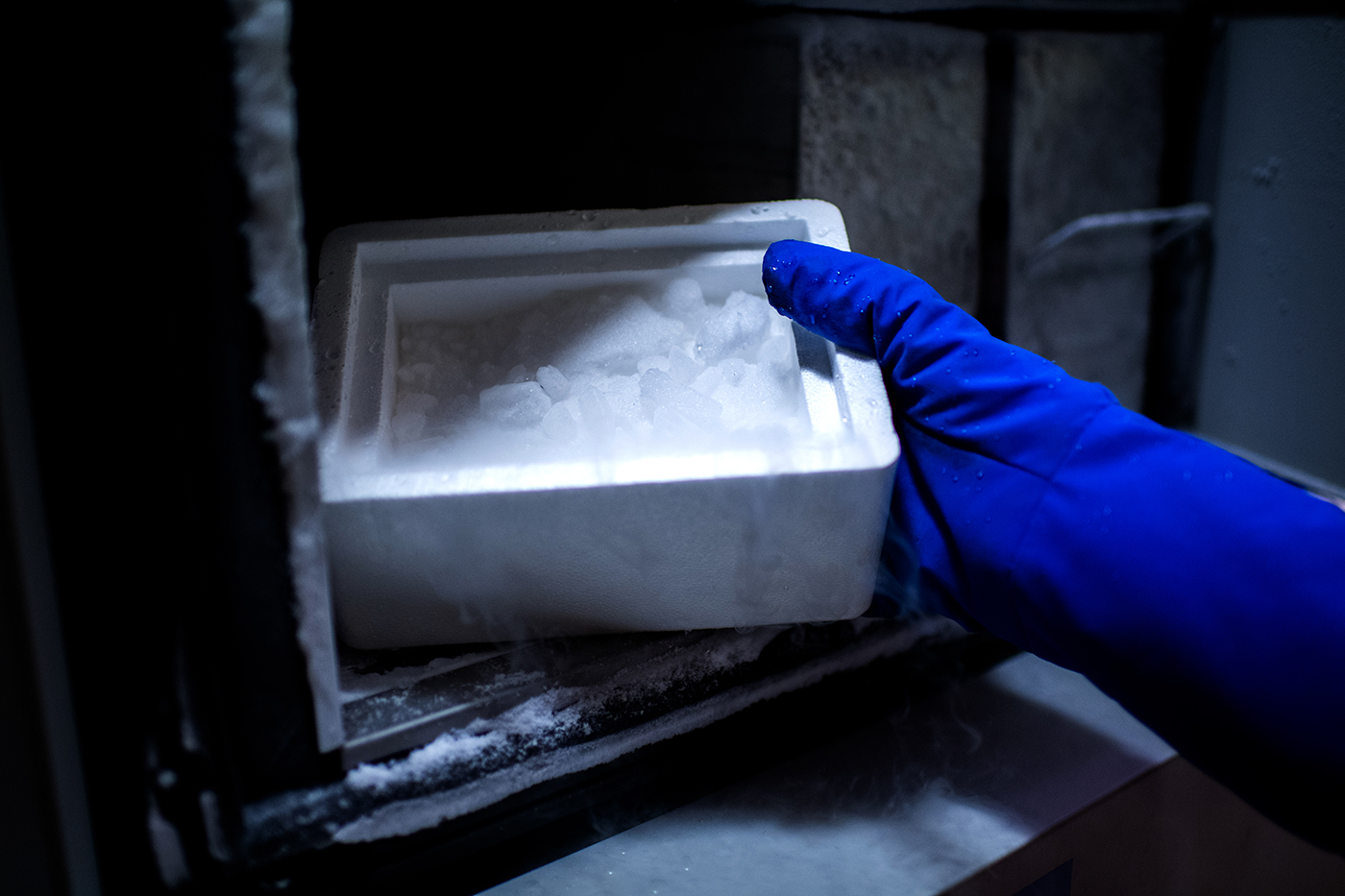As the distribution of COVID-19 vaccines starts rolling out across the United States this week, dry ice has become a hot commodity.
Clocking in at minus 109 degrees Fahrenheit, these super cold blocks of carbon dioxide are necessary for keeping the temperamental vaccines at the right temperature. The Pfizer vaccine, for example, must be stored at minus 94 degrees Fahrenheit.
But can production of dry ice keep up with the recent spike in demand? John Engen, distinguished professor of chemistry and chemical biology at Northeastern, doesn’t see why not.
Read the full story here
Chemistry and Chemical Biology

